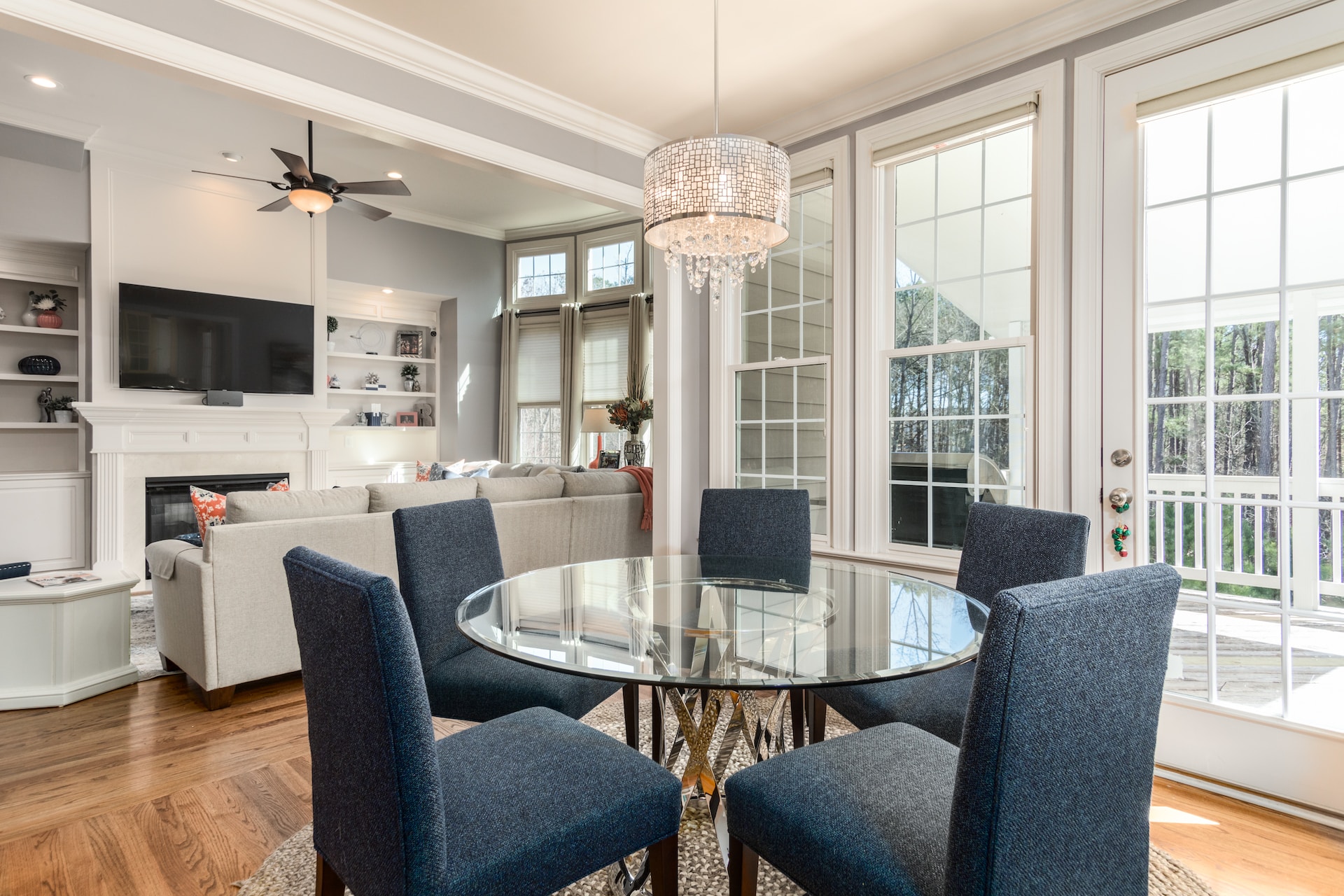As energy costs continue to rise and environmental concerns become more pressing, many Glenfield Park and Wagga Wagga homeowners are looking for ways to reduce their energy consumption and improve the sustainability of their homes. At Riley Smith Electrical, we understand the importance of energy efficiency and are passionate about helping our clients make informed, eco-friendly decisions regarding their home’s electrical systems. In this blog post, we will explore practical, easy-to-implement energy efficiency tips that can save you money on your electricity bills while also contributing to protecting our environment.
Achieving energy efficiency in your home goes beyond simply switching to energy-saving light bulbs or updating your appliances. It involves taking a comprehensive approach to your home’s electrical system, considering factors such as the layout and insulation of your property, the efficiency of your heating and cooling systems, and the management of your household’s daily energy usage habits. By implementing energy-efficient practices, you stand to enjoy not only reduced energy costs but also improved comfort, increased property value, and a reduced environmental footprint.
To provide valuable insights on improving your home’s energy efficiency, we will discuss various aspects of energy conservation, including lighting, appliances, heating and cooling systems, insulation, and daily energy usage habits. Furthermore, we will share expert advice on working with a professional electrician like Riley Smith Electrical to evaluate your home’s electrical system and implement tailored energy-saving solutions. By the end of this comprehensive guide, you will have the knowledge and confidence to start making essential energy-saving improvements in your Glenfield Park or Wagga Wagga home.
Optimising Lighting for Maximum Energy Savings
- Switch to LED Bulbs: Replace your traditional incandescent or halogen bulbs with energy-efficient LED lights, which consume significantly less energy and have a longer lifespan.
- Utilise Natural Light: Maximise your use of natural daylight by arranging your living spaces to benefit from incoming sunlight, and consider installing skylights or light tubes to brighten darker rooms.
- Install Dimmer Switches: By fitting dimmer switches, you can adjust the light levels in your home according to your needs, helping to conserve energy by reducing unnecessary lighting.
- Use Smart Lighting Solutions: Smart lighting systems, such as those that incorporate motion sensors or allow remote control of lights, can enable more efficient management of your home’s lighting and lead to energy savings.
Enhancing the Efficiency of Your Appliances and Electronics
- Choose Energy Star-Rated Appliances: When purchasing new appliances, opt for those with an Energy Star rating, denoting superior energy efficiency.
- Unplug or Use Power Strips: Disconnect appliances and electronics from power sources when not in use, or use power strips with switches to reduce the energy consumed by devices in standby mode.
- Maintain Your Appliances: Regular maintenance can extend the lifespan of your appliances and improve their efficiency, ultimately conserving energy and reducing replacement costs.
- Monitor Your Energy Usage: Employing an energy monitor or smart meter can provide you with valuable data about your home’s energy consumption, helping you to make informed decisions about where to focus your energy-saving efforts.
Improving Heating and Cooling Efficiency
- Insulate Your Home: Proper insulation of your home’s walls, roofs, and floors will help maintain an even temperature indoors, reducing the need for excessive heating or cooling.
- Use Energy-Efficient Climate Control Systems: Switch to energy-efficient heating and cooling systems, such as reverse-cycle air conditioners, or use ceiling fans to supplement air conditioning.
- Install Programmable Thermostats: Programmable or smart thermostats allow you to manage your home’s temperature more effectively, adjusting settings based on occupancy or time of day to reduce energy waste.
- Seal Windows and Doors: Ensure your windows and doors are properly sealed, using weather stripping or caulking as necessary to minimise drafts and air leaks, thus improving the efficiency of your home’s heating and cooling.
Embracing Energy-Efficient Lifestyle Habits
- Be Mindful of Daily Energy Consumption: Develop awareness of your daily energy usage habits, conserving energy through simple actions such as turning off lights when leaving a room or washing clothes and dishes in full loads.
- Teach Energy Conservation Habits to Family Members: Educate your family members on the benefits of energy conservation and involve them in implementing energy-saving changes throughout your home.
- Conduct Regular Energy Audits: Regularly assess your home’s energy efficiency, identify areas requiring improvement and take appropriate steps to remedy any shortcomings.
The Role of Professional Electricians in Achieving Energy Efficiency
Improving energy efficiency in your Glenfield Park or Wagga Wagga home can result in significant cost savings and a reduced environmental impact. By optimising lighting, appliances, heating and cooling systems and embracing energy-efficient lifestyle habits, you can conserve energy and enhance your home’s overall sustainability. The professional guidance of a residential electrician like Riley Smith Electrical can be invaluable in implementing these energy-saving changes and achieving the maximum benefits from your efforts. Reach out to our team today for an assessment of your home’s energy efficiency and expert advice on the most effective improvements for your specific situation.

